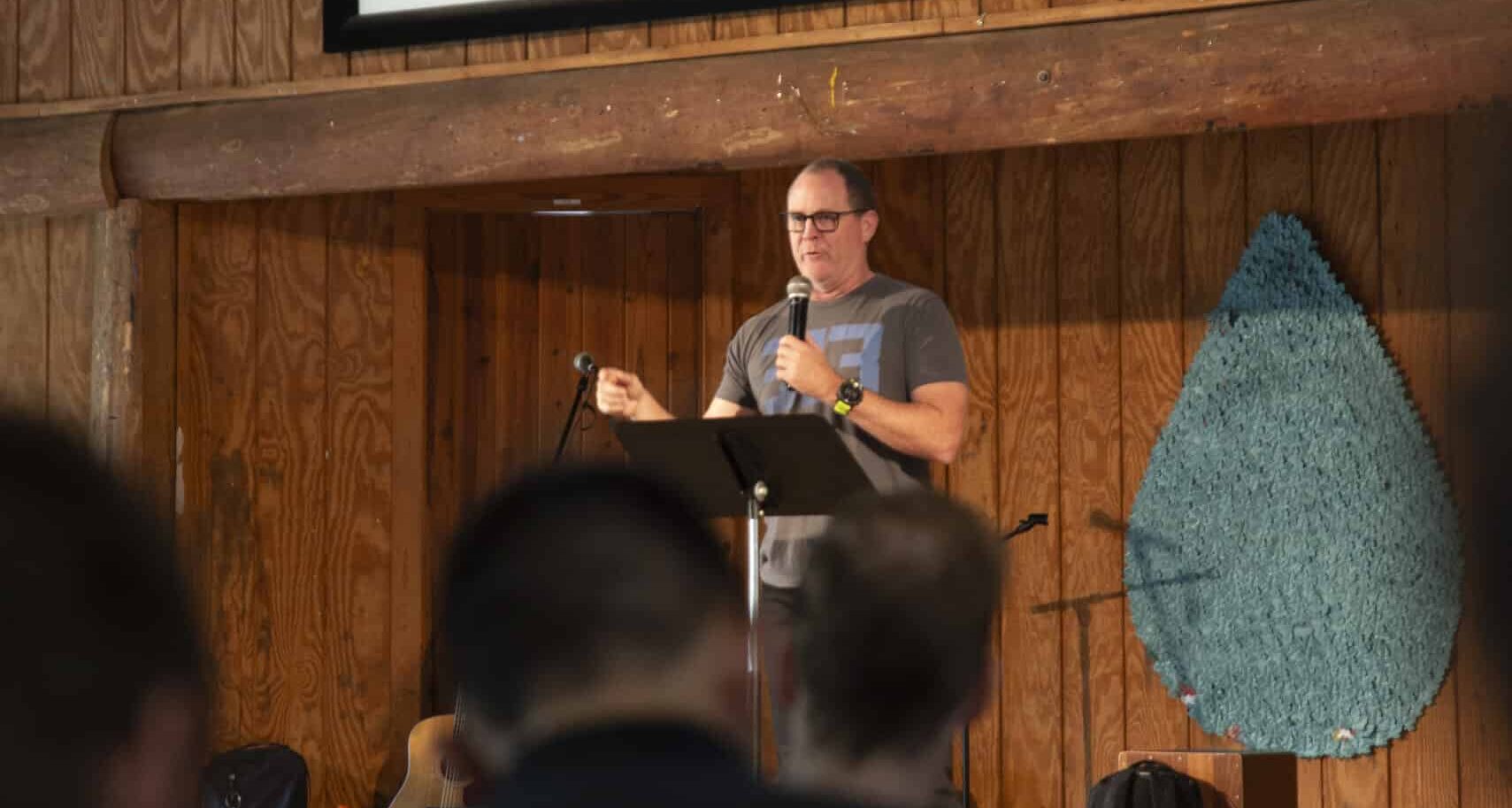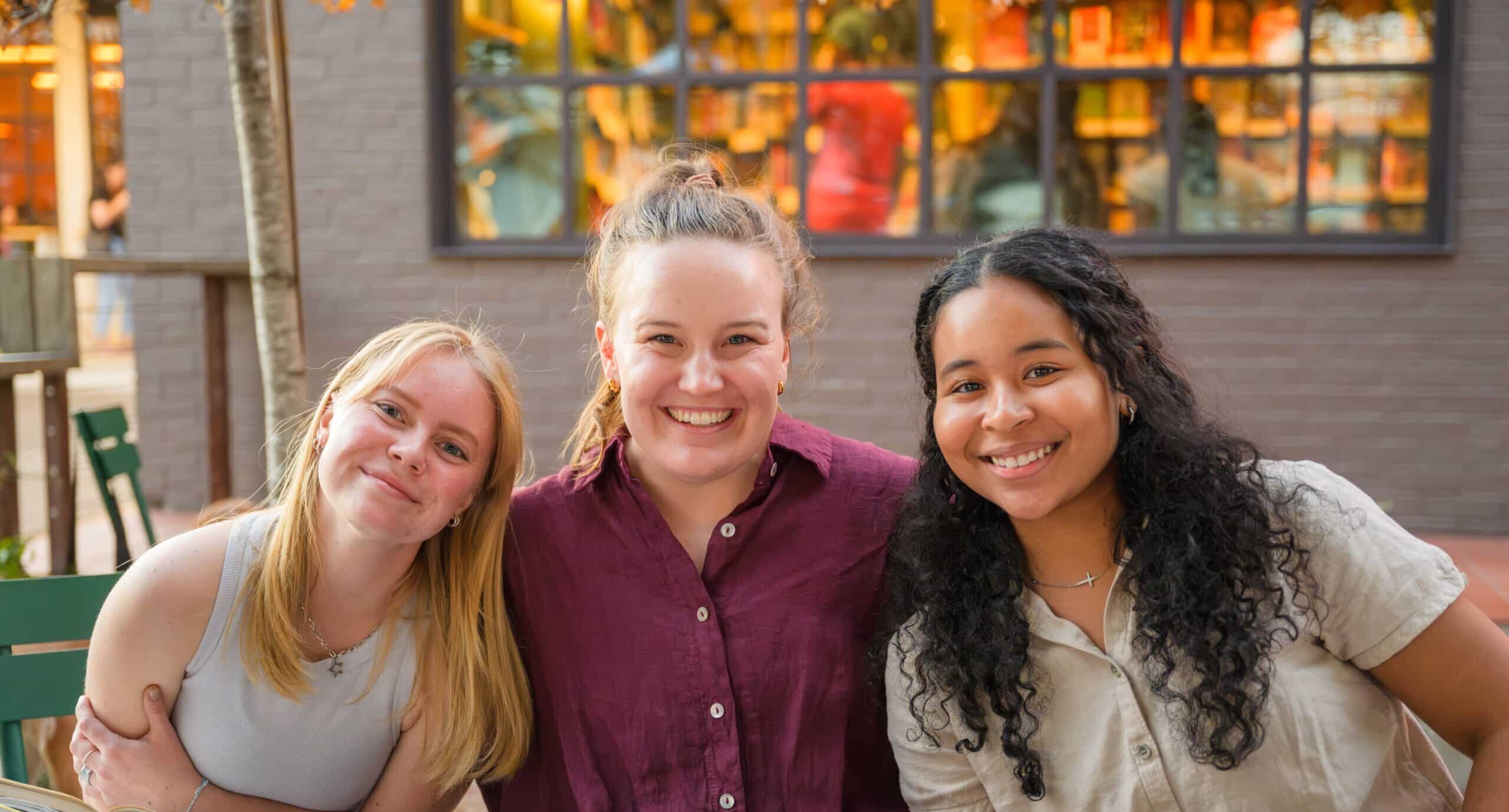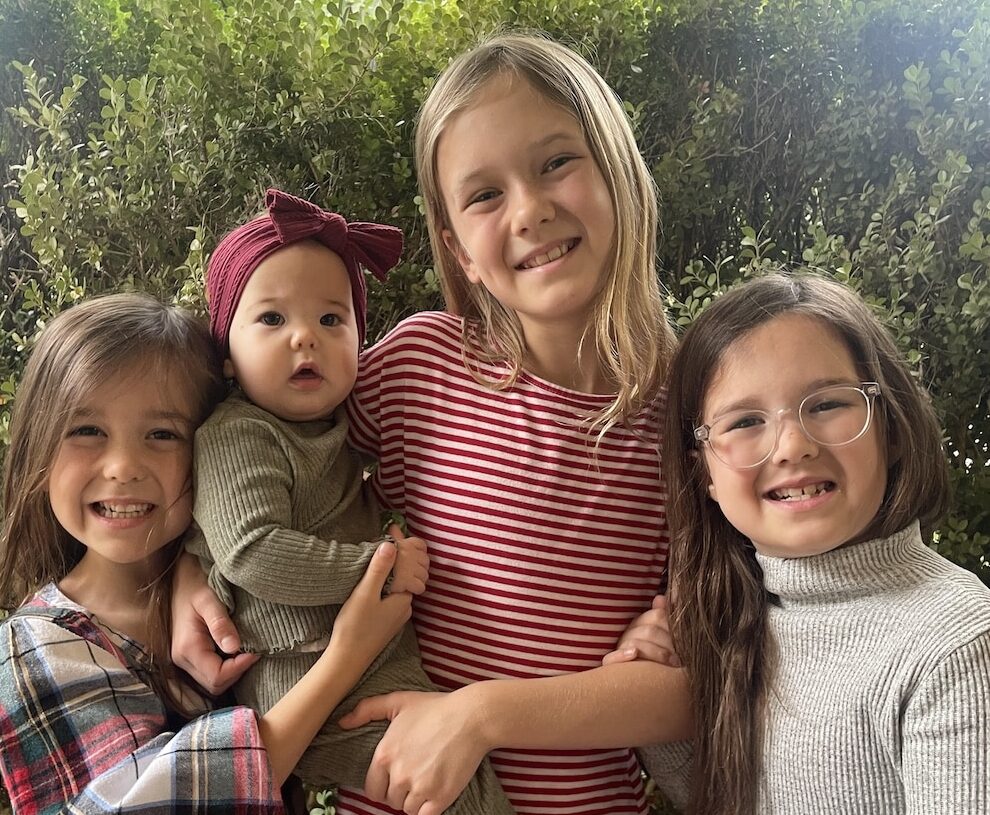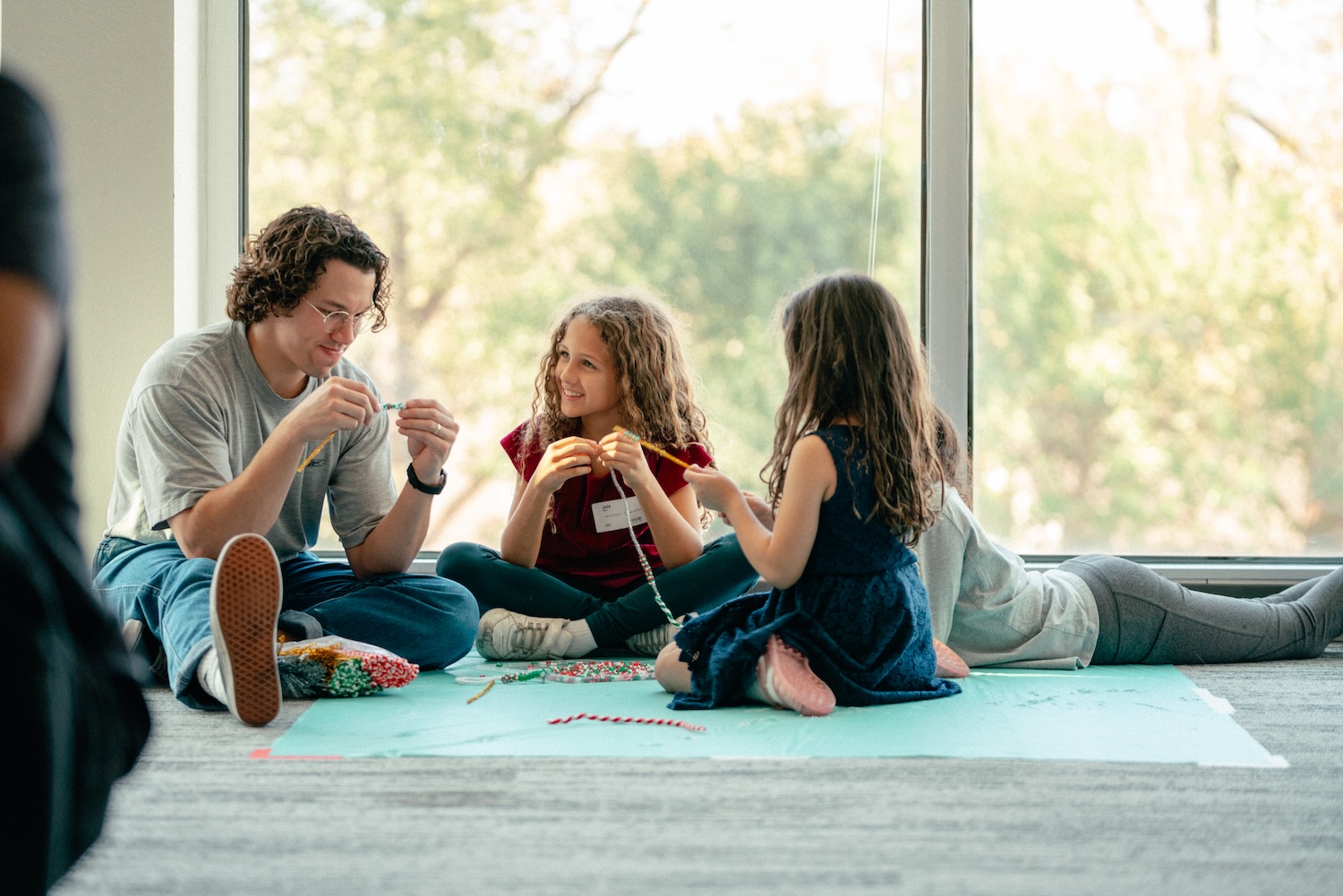Stories at The Well
WELL STORIES
The Well’s Vision for Recovery

John is by his own admission, a recovering addict whose journey began in Michigan, where he served as a pastor—until his addiction came to light and cost him his position. That painful exposure marked the beginning of something new: an honest pursuit of healing. Through counseling, one-on-one accountability, and a growing understanding of grace, John began recovery in 2005.
Out of this deeply personal season, John began to notice similar patterns of pain in others. As he got to know the young adults at The Well, a theme emerged: many were battling addiction, trauma, or shame but didn’t feel comfortable walking into a traditional church. John began to wonder—what if Recovery could become a front door to the gospel? A space where people could find real help for their struggles while encountering Jesus in the process?
With this vision in mind, John approached the church’s elders, and asked if they could start a recovery ministry. John visited several recovery gatherings around Austin, gleaning wisdom and structure from others. What emerged is a ministry that blends elements of Alcoholics Anonymous, Celebrate Recovery, and the unique culture of The Well.
It’s a community that values honesty, healing, and discipleship—and it continues to evolve. John hopes he won’t lead it forever. His dream is to build a culture where recovery is so deeply woven into the church that directing it becomes a sought-after, meaningful role.
Jesus is the answer. And around here, we’re not pretending we’ve got it all figured out.
That’s why one of Recovery’s key visions is to create a culture—both at The Well and throughout Austin—where it’s okay not to be okay. A place where people can talk openly about struggles in marriage, sexuality, mental health, or substance use—without judgment or shame.
As Jesus said in Mark 2:17, “Those who are well have no need of a physician, but those who are sick. I came not to call the righteous, but sinners.” That’s the vision. To help people encounter grace in the middle of their brokenness—not once they’ve cleaned up, but while they’re still in the mess.
John and his wife, Lisa, are in their 50s now. They've often reflected: what if more young adults could deal with these issues before they became lifelong battles? Many AA meetings are filled with older adults—people who’ve already lost jobs, marriages, or hope because life became unmanageable. If Recovery can help younger generations manage life earlier, it sets them up for deeper healing and lasting transformation.
Discipleship is woven into that vision. “If you look at Jesus,” John says, “people far from God always felt comfortable around Him. So we ask ourselves—are people with addiction or pain comfortable around us? That’s the kind of community we’re trying to build. We’re all mess-ups. Jesus is the answer. And around here, we’re not pretending we’ve got it all figured out.”
This culture of vulnerability and healing is reflected in the lives of those who’ve come through the program. One woman’s story highlights this beautifully. She was a health-conscious young professional who discovered a mood-boosting drink. It quickly became part of her daily routine—until she realized she was spending thousands of dollars on it.
She couldn’t live without it and eventually, she found out the drink contained an opioid. That shock forced her to ask, “Why do I need this? What am I really looking for?” That question led her deeper—into her heart, her fears, her story. And through Recovery, she found healing. Today, she’s one of the ministry’s leaders.
Recovery meets weekly on Thursday nights and offers two kinds of groups:
Step Study:
A deep dive into the 12 steps using a structured curriculum. Participants commit to weekly meetings and mentorship—similar to AA sponsors.
Open Share:
A more flexible, gender-specific group that welcomes anyone. There’s no workbook, no sign-up—just space to show up, be honest, and receive support. John and Lisa lead this group while Step Study participants meet in other rooms.
Everyone is welcome. No church membership or religious background is required. Whether you’re dealing with addiction, trauma, grief, or relational pain—there’s a place for you here. And if your needs are deeper than what the program can address, Recovery connects participants to trusted counselors in the area.
While Recovery welcomes those who have a heart to help others, some of the best leaders in Recovery didn’t plan to be leaders. They started as participants, walking through Step Study themselves. They came in needing healing, and through the journey, discovered a calling. Leadership here isn’t about having it all together. It’s about being present, being honest, and walking alongside others in their own process of transformation.
At Recovery, no one pretends to have all the answers. But there is one constant: you don’t have to walk alone.




